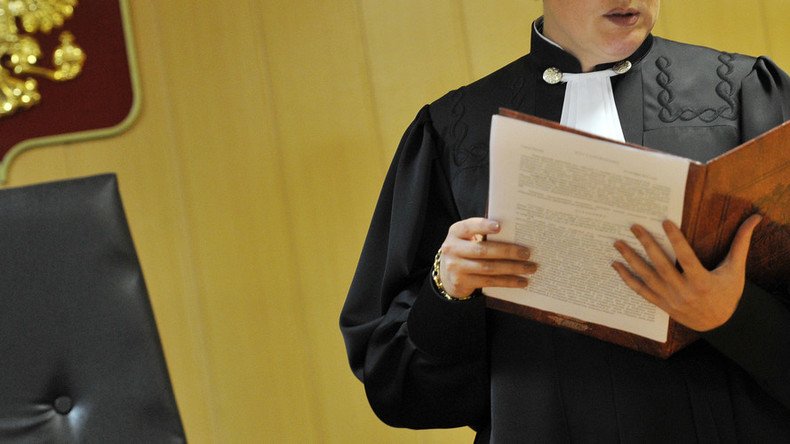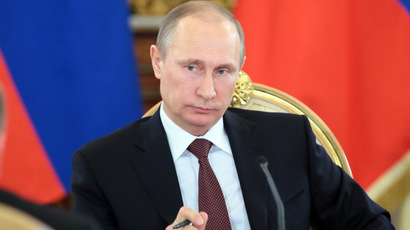Supreme Court urges caution over prosecutions for social network reposts

Russia’s Supreme Court has urged judges across the country to show restraint when starting criminal cases into reposts made on social networks.
The court made the recommendation in a draft conclusion for its plenary session on the issue.
“It is important to form the ruling on the basis of a combination of all circumstances that led to a case and take into consideration the context, form and content of the reposts as well as comments or other forms of expressing personal attitude,” reads the document, quoted by RIA Novosti.
The recommendation comes after the first half of 2016 saw Russian law enforcers start cases against 398 people on charges of disseminating extremist information on social networks.
According to Supreme Court experts, the majority of probes were launched into simple reposts of texts or images, with the suspects never actually stating any attitude to the issues raised.
One such case was initiated against Konstantin Zharinov – a blogger from the central Russian city of Chelyabinsk who received a two-year suspended sentence in September 2015 for reposting an address by the Ukrainian extremist group Right Sector, which is officially banned in Russia.
The defense has already filed a complaint with the European Court of Human Rights (ECHR), saying that the post had been deleted after the prosecutor’s warning and that the Right Sector group was banned in Russia several months after the message had been reposted. The ECHR has not yet decided on the appeal.
The law ordering punishment for public support of extremist activities was introduced in Russia in mid-2014. According to the legislation, any public calls for extremism or attempts to humiliate people will be punished with up to five years in prison. This applies to internet posts as well as mass media publications.
The new law had been developed as part of a national anti-extremism strategy prepared by the Interior Ministry in early 2014. According to this document, the authorities see the internet as the main channel for spreading dangerous information, and aim to counter the threat by intensively monitoring the web and imposing traditional values on the young.
In the document, Interior Ministry experts also listed the groups and movements they saw as primary threats to security. These were radical Muslim movements, domestic nationalist groups, soccer hooligans, illegal immigrants and certain foreign NGOs and religious groups.













